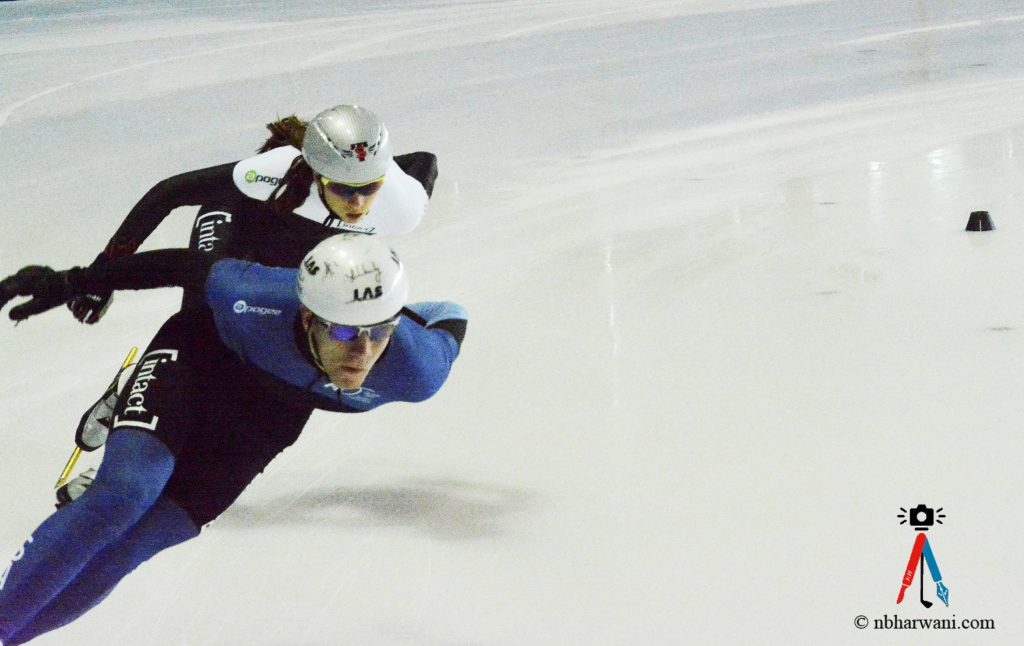My niece’s grandson has Tourette syndrome. How much do we know about this condition?
Youtube has a three-minute video that is quite touching, simple and educational. The disorder was named after a French neuropsychiatrist, Gilles de la Tourette, who successfully assessed the disorder in the late 1800s. Males are affected about four times more often than females. There is usually a family history of tics.
The syndrome becomes evident in early childhood or adolescence between the ages of two and 15. It is manifested by multiple muscle and/or vocal tics lasting for more than one year. The presentation is usually involuntary (outside one’s control). It involves movements (tics) of the face, arms, limbs or trunk. The symptoms may be complicated, involving the entire body, such as kicking and stamping.
Verbal tics (vocalizations) are manifested by grunting, throat clearing, shouting and barking. The individual may suffer from coprolalia (the involuntary use of obscene words or socially inappropriate words and phrases) or copropraxia (obscene gestures). Others may repeat word of others (echolalia), repeating ones own words (palilalia), and repeating movements of others.
Fortunately most individuals with Tourette’s syndrome have mild symptoms. Some may have associated conditions like attention problems, obsessional compulsive behavior, and learning disabilities. For most, there are no barriers to achievement in their personal and professional lives. Persons with Tourette syndrome can be found in all professions.
There is no specific treatment or preventative measure. Tourette Syndrome Foundation of Canada (TSFC) has an educational website worth visiting. The goal is to educate both patients and the public of the many facets of tic disorders. Increased public understanding and tolerance is important to people with Tourette syndrome and their families.
This reminds me of a story I read somewhere.
David, a second-grader, was bumped while getting on the school bus and suffered a two-inch cut on his cheek. At recess, he collided with another boy and two of his teethe were knocked loose. At noon, while sliding on ice, he fell and broke his wrist. Later at the hospital, his father noticed David clutching a quarter in his good hand. “I found it on the ground when I fell,” David said. “This is the first quarter I ever found. This sure is my lucky day.”
In a small or big way, we are all blessed with something good. So keep smiling.
Start reading the preview of my book A Doctor's Journey for free on Amazon. Available on Kindle for $2.99!
